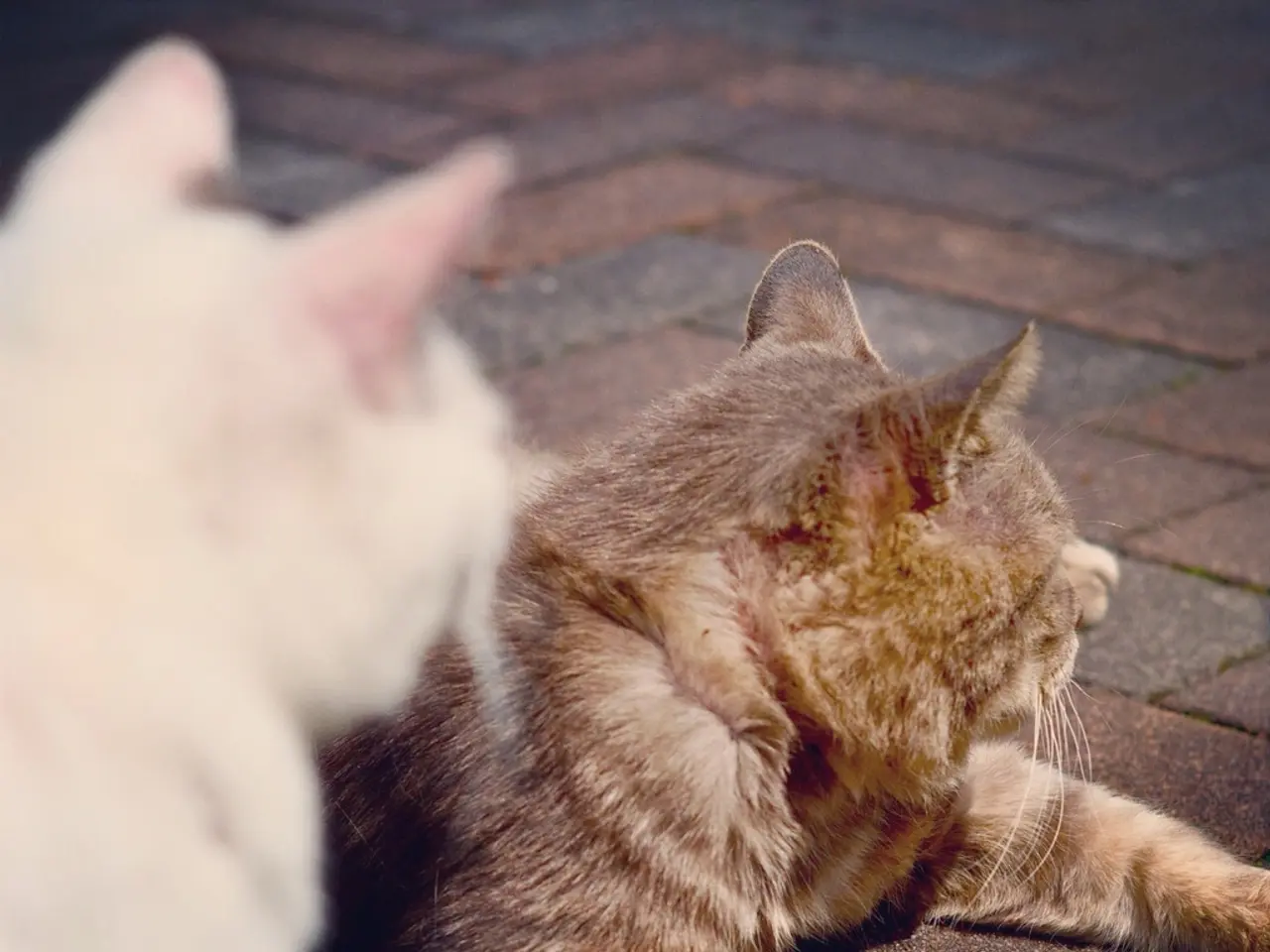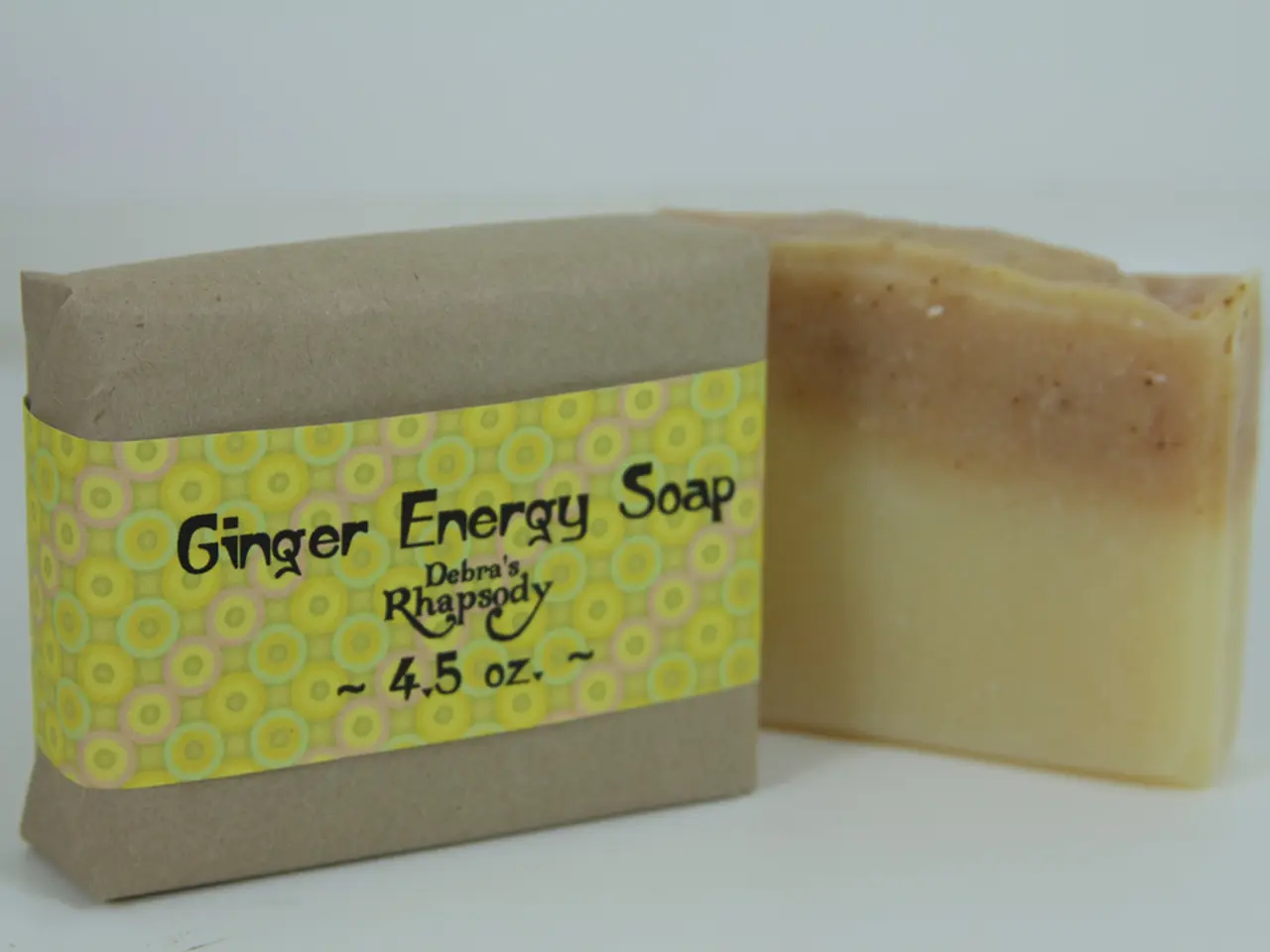Uncovering the Most Unusual Domestic Feline Breeds - Could One Become Your Ideal Feline Companion?
Exotic cat breeds have gained popularity in recent years due to their distinctive appearances and unique personalities. These fascinating felines, such as the Bengal, Savannah, Sphynx, Scottish Fold, and Turkish Van, each have their own origins, characteristics, and care needs.
The Bengal, a cross between domestic cats and the Asian leopard cat, is known for its striking rosette spots and muscular frame. Bengals are intelligent, playful, and highly active, requiring a lot of interaction and mental stimulation. They benefit from playtime and companionship and have moderate grooming needs.
The Savannah, a hybrid of domestic cats with servals (African wild cats), is tall, slender, and has large ears. Savannah cats are energetic, often showing dog-like behaviours, and require ample exercise and enrichment. They may need more space and socialization, and grooming is typical for short-haired breeds.
The Sphynx, developed through genetic mutation for hairlessness, is nearly hairless but covered in a fine down. These cats require regular weekly baths to manage oil accumulation on their skin and protection from sunburn. They are affectionate, playful, and typically kept as indoor pets to avoid skin damage.
The Scottish Fold, originating in Scotland, is known for its unique folded ears. These cats have a calm, gentle, and affectionate disposition. However, their ears need regular checking and cleaning to avoid infections, and they require moderate grooming. Monitor for genetic cartilage-related health issues.
The Turkish Van, native to Turkey, around Lake Van region, has a semi-longhair coat with distinctive "van" pattern (colored head and tail, white body). They are active, playful, and love water. These cats require regular grooming to prevent matting and enjoy water activities.
When considering an exotic cat, researching breeds, meeting with reputable breeders or shelters, and asking the right questions is essential. Some breeds may require a vet familiar with hybrids or rare feline conditions.
Exotic breeds with active or hybrid backgrounds (Bengal, Savannah) generally require more playtime and mental engagement than average cats. Hairless breeds like the Sphynx need special skin care routines, including bathing and protection from UV exposure. Breeds with genetic mutations affecting physical traits (Scottish Fold's folded ears) need regular health monitoring for related issues. Long or semi-longhaired breeds (Turkish Van) require more grooming attention to avoid matting.
It's crucial to understand these breed-specific needs to support better health and wellbeing for these popular exotic cats. Remember that exotic cats may be restricted in some states or countries, including hybrids like the Savannah. Always check local regulations before adopting.
Choose a breed that matches your energy level and living space. Many exotic cat breeds require more exercise, stimulation, or grooming than traditional house cats. While some exotic cats can get along with other pets, it depends on the breed and socialization.
Before adopting an exotic cat, ensure you're ready for the increased commitment level required. Prices for exotic cat breeds can range from $1,000 to $20,000+ depending on the breed and lineage. Look for breeders who prioritize health, temperament, and proper socialization when choosing an exotic cat. Exotic doesn't always mean difficult, but it does mean different - choose a breed that suits your lifestyle.
The home-and-garden magazine could feature an article about the unique care needs of exotic cat breeds like the Bengal, Savannah, Sphynx, Scottish Fold, and Turkish Van, each requiring specific attention in terms of playtime, exercise, grooming, and health.
With their diverse needs, finding an exotic cat breed that complements your lifestyle, home environment, and energy level is essential to ensure a harmonious relationship and the wellbeing of the pet.




